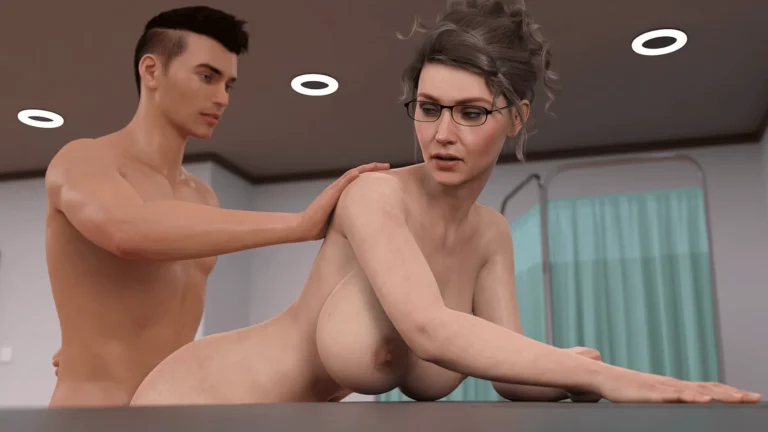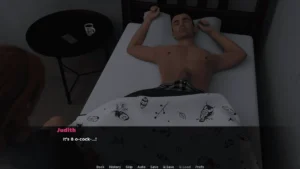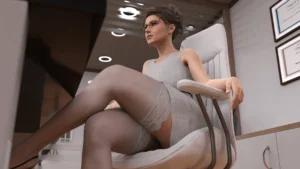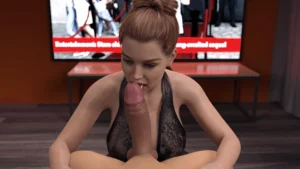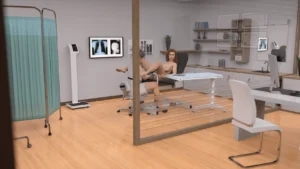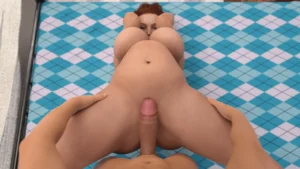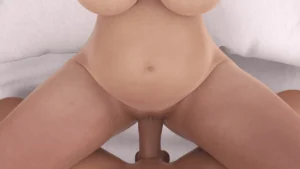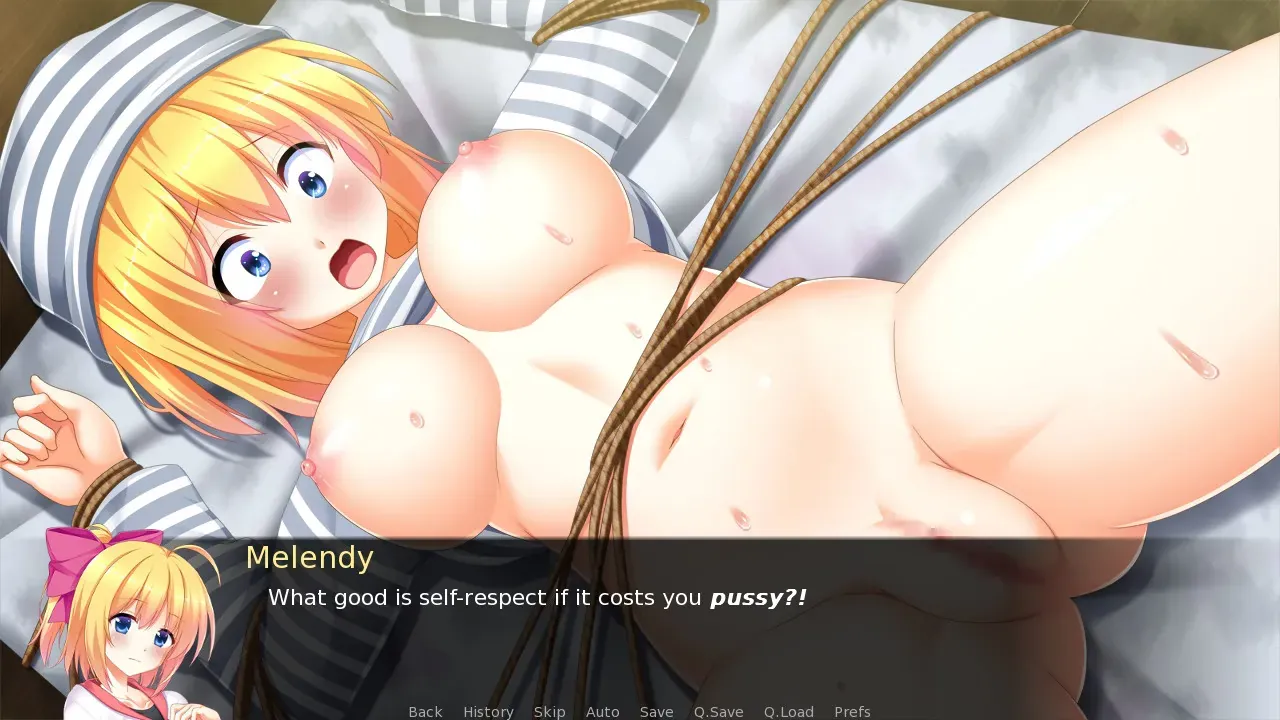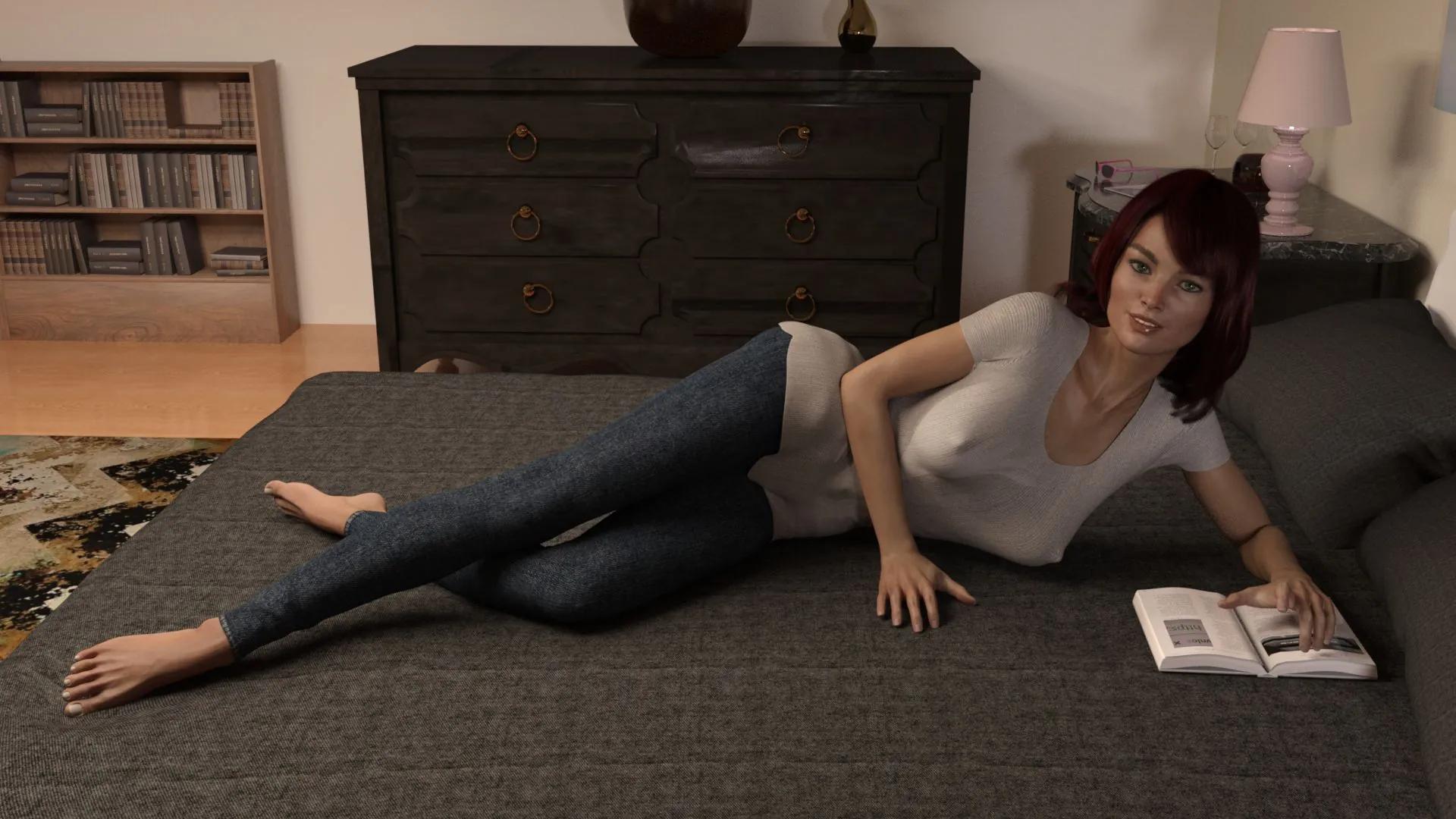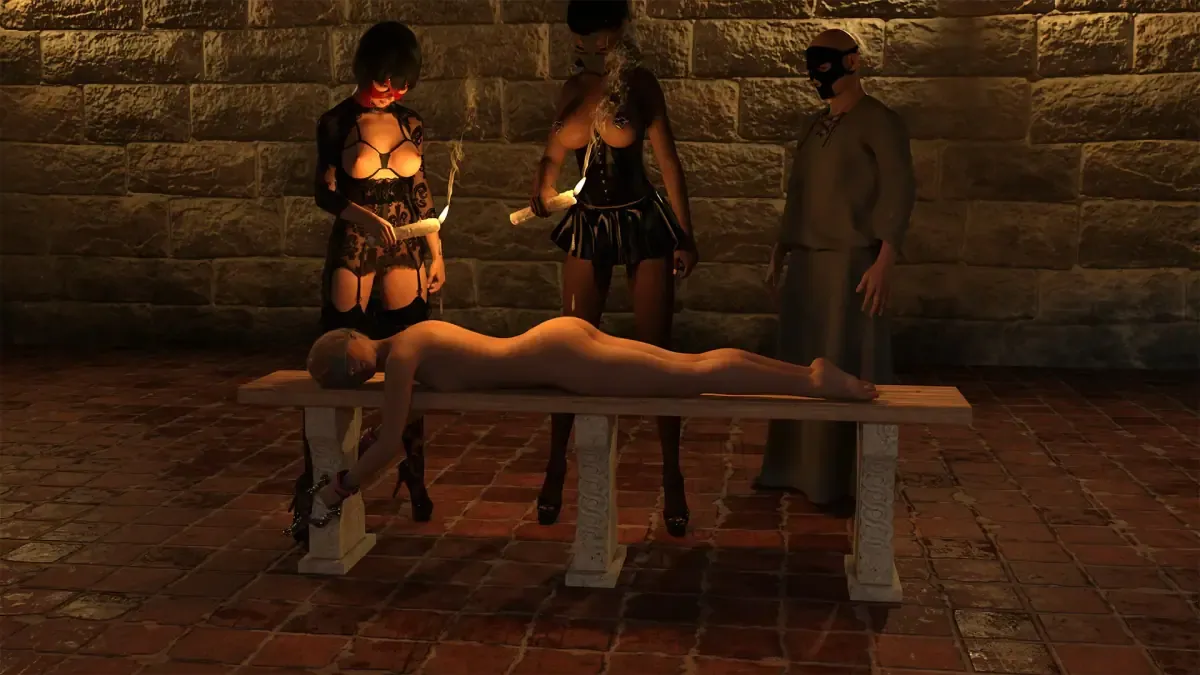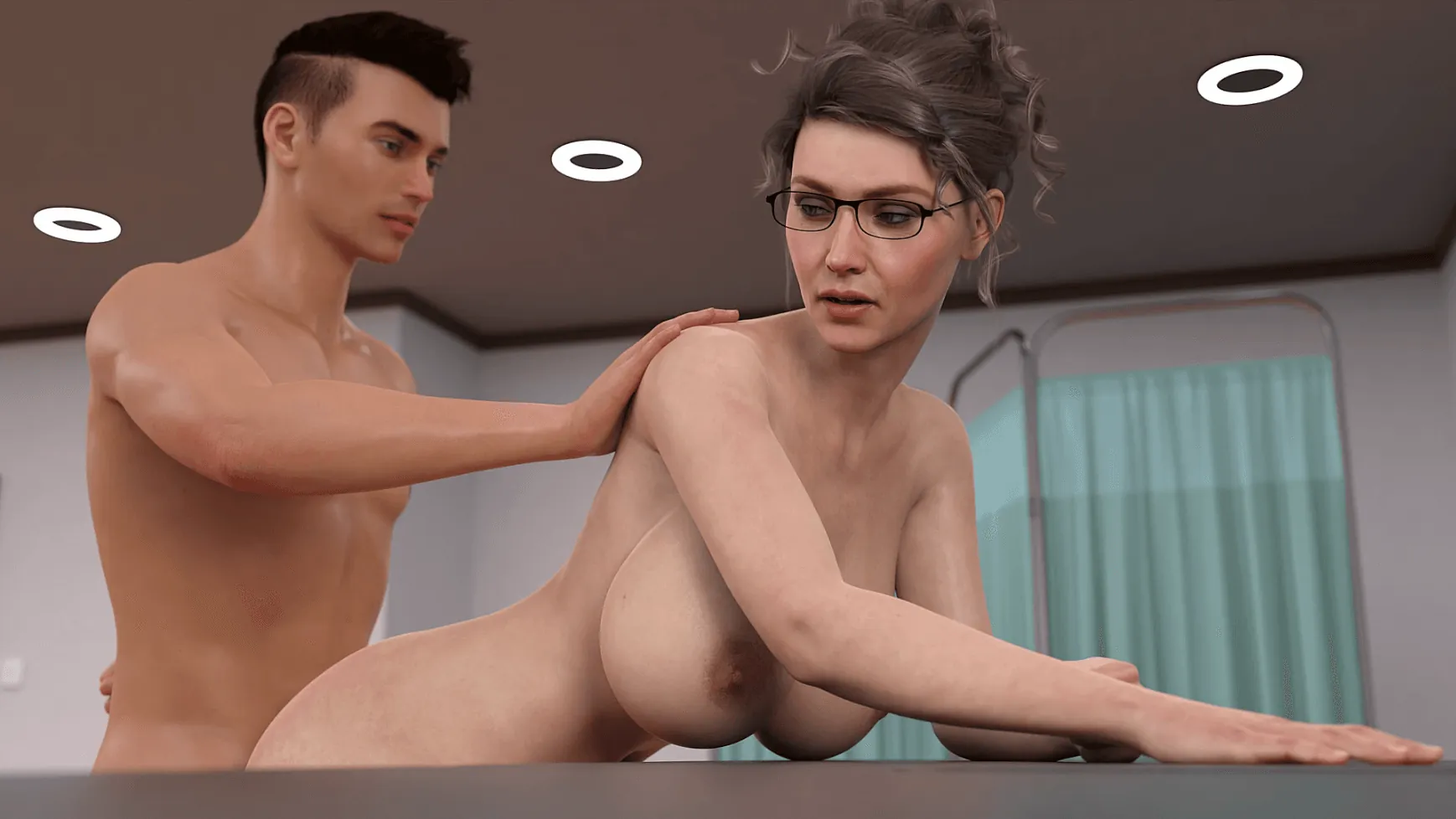
Play Adverse Effects
Adverse Effects review
Understanding the Hidden Dangers and How to Move Forward
The Adverse Effects porn game has sparked conversations far beyond its virtual boundaries, raising important questions about its real-world impact. While some see it as just another form of digital entertainment, others worry about the deeper consequences—especially for mental health, relationships, and personal well-being. In this article, we’ll explore the less-discussed side of Adverse Effects, sharing real stories, expert insights, and actionable steps for those who feel its influence in their lives. Whether you’re curious, concerned, or seeking help, this guide offers a balanced, compassionate look at what Adverse Effects can really mean for players and their loved ones.
Psychological and Emotional Impact of Adverse Effects
Let’s be honest – when we first start playing games like Adverse Effects, we rarely stop to consider what they might be doing to our minds. We think it’s just harmless entertainment, a private escape. But the psychological impact of Adverse Effects is very real, and it often creeps up on you when you least expect it. 🧠 This chapter isn’t about judgment; it’s about understanding the very real porn game brain changes and the heavy emotional toll that can follow, so you can recognize what’s happening and, most importantly, know how to move forward.
How Adverse Effects Rewires the Brain
What starts as a simple game can quickly become something much more complex, thanks to the powerful way it interacts with your brain’s reward system. 🎯 At the heart of this is dopamine, the “feel-good” chemical. Every time you achieve a new scene or unlock content in Adverse Effects, your brain gets a little hit of dopamine. It feels good, so your brain learns: “Do this thing, get a reward.”
The problem is, this system is designed for adaptability. To keep that same “high,” you need more novelty, more intensity, or more frequent engagement. This is a core part of the porn game brain changes – your brain’s reward pathways are being trained to crave this specific digital stimulation. 🧩 Over time, you can experience desensitization, where the same content that used to excite you no longer does. This pushes you to seek out more extreme or time-consuming gameplay to achieve the same effect, trapping you in a cycle that’s difficult to break.
“The digital landscape, particularly games built on reward loops, is exceptionally effective at hijacking our natural dopamine systems. The constant pursuit of novelty within these environments can create neural pathways that prioritize virtual rewards over real-world connections and achievements,” notes a specialist in digital media psychology.
This cycle doesn’t just stay confined to the game. You might find your focus waning at work or school, or feeling generally flat and uninterested in hobbies you used to love. This is your brain’s chemistry recalibrating, and it’s a significant component of the Adverse Effects psychological impact. Recognizing this isn’t about weakness; it’s about neurology. 🧬
Here’s a quick look at the common signs of these brain changes:
| Common Sign | What It Feels Like |
|---|---|
| Increased Tolerance | The game no longer provides the same level of excitement, leading to longer sessions or a desire for more intense content. |
| Cravings | Thinking about the game frequently and feeling a strong urge to play, even at inappropriate times. |
| Mood Regulation | Using the game as the primary way to feel better when stressed, anxious, or bored. |
Emotional Toll: Anxiety, Shame, and Isolation
While the brain is busy rewiring itself, your emotions are often taking a serious hit. The emotional effects of Adverse Effects can be profound and debilitating, creating a heavy burden that many carry in silence. 😥
One of the most common feelings is shame. After a gaming session, you might be hit with a wave of guilt or disgust with yourself. You wonder, “Why can’t I control this?” or “What would people think if they knew?” This secret can feel incredibly isolating, making you withdraw from friends and family to hide your behavior. This secrecy fuels the cycle of anxiety and shame from porn games, where you play to escape negative feelings, only to feel worse afterward, leading you to seek escape again. It’s a brutal loop. 😔
Your self-esteem often plummets alongside this. You might start to believe the negative self-talk that says you’re weak or broken. Social situations can become harder because you feel like you’re wearing a mask, pretending to be someone you’re not. This is the Adverse Effects psychological impact in its fullest form – it doesn’t just affect your private moments; it seeps into your entire identity and how you connect with the world.
Key emotional warning signs include:
* Constant Anxiety: 🫣 Feeling on edge, especially about your device history or the possibility of being “found out.”
* Deep-Seated Shame: A persistent feeling of being flawed or morally wrong.
* Social Withdrawal: Canceling plans, avoiding intimacy, and preferring the game to real human interaction.
* Irritability: Getting easily frustrated or angry when you can’t play or when interrupted.
Real Stories: Personal Experiences with Adverse Effects
Sometimes, the most powerful way to understand an issue is through the experiences of others. These anonymized real stories of Adverse Effects illustrate the journey from curiosity to concern, and ultimately, to seeking change.
Example: Case study: A player’s journey from curiosity to concern
“Leo,” a 28-year-old graphic designer, first downloaded Adverse Effects out of simple curiosity. “It was just a game, something everyone was talking about online. At first, it was fun, a way to unwind after a long day.” 🎮
But within a few months, Leo noticed changes. “My work started to suffer. I’d be thinking about the game during meetings, rushing through projects just so I could get back to it. I was staying up later and later, telling myself ‘just one more level.’ The emotional effects of Adverse Effects hit me hardest in my relationship. I became distant from my partner, avoiding intimacy because the real thing didn’t seem to compare to the game’s endless novelty. I felt a huge amount of anxiety and shame from porn games, terrified my partner would discover my secret. I was living a double life, and the guilt was crushing.”
Leo’s story is a classic example of how to recognize porn game addiction. It started impacting his job, his relationship, and his self-worth. “The turning point was when I realized I wasn’t playing for fun anymore; I was playing because I felt I needed to. I was using it to numb out from stress and loneliness, but it was only making me more isolated. That’s when I knew I needed to look into seeking help for Adverse Effects.”
Another user, “Sarah,” shared how the game altered her perception of herself. “I started to feel like an object, even in my own mind. The constant pursuit of in-game achievements made me view relationships in a transactional way. The shame was a constant companion.”
Recognizing the Problem and Finding a Path Forward 🧭
Understanding the psychological impact of Adverse Effects is the first step. The next, and most crucial, is recognizing these patterns in your own life and knowing that recovery is possible. So, how to recognize porn game addiction? Ask yourself these questions with honesty and compassion:
- Is it controlling you? Do you spend more time playing than you intend? Have you tried to cut down or stop and failed?
- Is it harming your life? Are your relationships, job performance, or health suffering because of the game?
- Is it your main coping mechanism? Do you turn to the game automatically when you feel stressed, sad, or lonely?
- Do you feel withdrawal? Do you get restless, irritable, or moody when you can’t play?
If you answered yes to some of these, know that you are not alone and this is not a moral failing. It’s a sign that a habit has become a compulsion, and it’s time to take back control.
Seeking help for Adverse Effects is a sign of strength. 🦸 Here are actionable steps you can take:
- Start with Self-Honesty: Acknowledge the problem without self-judgment. Journal about your feelings and the role the game plays in your life.
- Create Distance: 🔒 Uninstall the game from your devices. Use website blockers to restrict access. Make it harder to engage on impulse.
- Find New Rewards: Your brain needs a new source of dopamine. Reconnect with an old hobby, start exercising, or learn a new skill. The sense of accomplishment is a powerful, healthy reward.
- Talk to Someone: This is the most important step. Confide in a trusted friend, partner, or family member. Seeking help for Adverse Effects can also mean finding a therapist who specializes in compulsive behaviors or addiction. They provide a safe, non-judgmental space and proven strategies for recovery.
The journey to reclaiming your mind and your well-being from the Adverse Effects psychological impact is a process. There will be good days and challenging days, but every step you take towards understanding and healing is a victory. Your brain has an amazing ability to heal and rewire itself—a concept called neuroplasticity. By replacing old habits with new, healthy ones, you can forge new neural pathways that lead toward a more balanced and fulfilling life. You can move forward. ✨
Adverse Effects is more than a game—it’s a digital experience with real-world consequences for mental health, relationships, and physical well-being. Recognizing the signs of overuse is the first step toward positive change. Whether you’re struggling yourself or supporting someone who is, remember that help is available and recovery is within reach. Open conversations, professional support, and healthy alternatives can pave the way to a brighter, balanced future. If Adverse Effects has become a concern in your life, take action today—you’re not alone, and it’s never too late to seek a healthier path.
